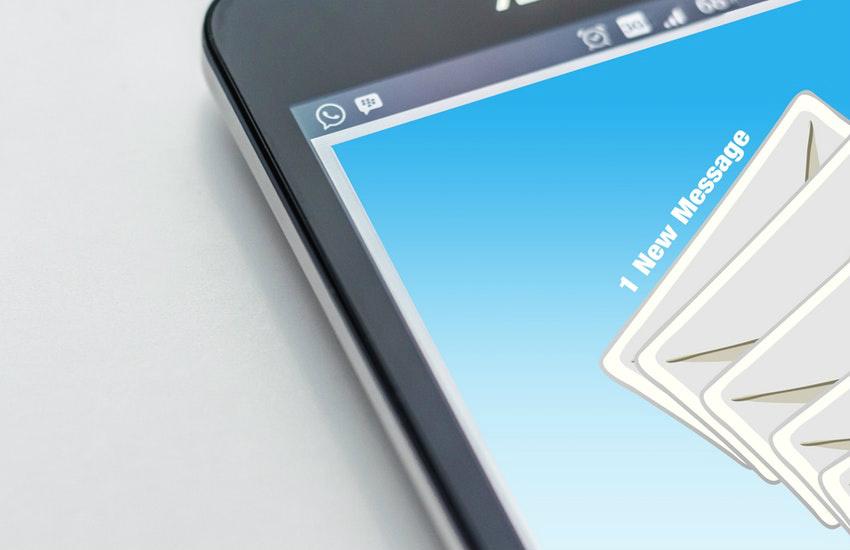How to Write a Networking Email to Land Your First Job Out of College
Published: Nov 04, 2019

The old saying “It’s not what you know, it’s who you know” might hold more truth than new college graduates realize.
One study revealed that about 85% of jobs are filled through networking and referrals. And even with millions of jobs popping up on sites like Indeed and CareerBuilder, another source found that at least 70% or more of them aren’t even advertised.
Your personal and professional connections carry a lot of weight when you're looking for your first job. The more people you can add to your network, the better chances you have of landing a good job right out of college, even without experience.
However, reaching out to strangers can be daunting. Who do you contact? What do you say to get their attention? And how can you come across as a burgeoning professional versus a needy college student?Here’s how to break the ice and start growing your professional network via email.
Choose Your Targets Wisely
The best practice is to email people who are working in the industry you want to be in. You can find seasoned professionals via LinkedIn or online company directories to get a name and email address.
Once you decide who to email, take some time to learn a little about their background prior to reaching out. This makes it easier to personalize your email rather than sending cookie-cutter messages to each person – and personalized messages are much more likely to get a response because they’re tailored to the individual.
Polish Your LinkedIn Profile
Before you start networking, it’s a good idea to start crafting your own image. Once you start reaching out to prospective connections, they may want to do their own research on you, just like you did on them.
You may be thinking, “Why would I need LinkedIn if I have no work experience?”
Simply put, the platform offers so much more than a place to "highlight" your lack of work history. You can add your academic accomplishments here in lieu of job duties, get endorsements for skills you learned while in college, and look up information on companies and the people who work there. At the very least, you can connect with your college professors and ask them to endorse your skills so that your future network connections will see them.
Double Down on the Subject Line
The subject line is the first thing people see in their inbox, and 47% of recipients open emails based on subject line alone. It’s tricky, though: you want to share enough information to get them to click, but you’re also limited on space and can’t get into too much detail.
Follow these best practices to write the perfect subject line:
- Personalize with the person’s name
- Keep it brief
- Don’t mislead or overpromise in the subject line (i.e. no clickbait)
- Keep it friendly yet professional
- Opt for clarity over creativity
Include a Call to Action
Writing a strong networking email takes time and effort, and you risk having all that work go to waste if you don’t specify what you want to happen next.
Every email should include a call to action so the person knows exactly how they can help you. It might be meeting up for coffee for a quick chat, setting up a phone interview, or connecting with you on LinkedIn.
Whatever you’re asking for, make it easy for them to say yes. Keep your request simple, and don’t hesitate to let them know what you may be able to offer in return (e.g. treat them to coffee, endorse them on LinkedIn, etc.).
Keep It Short and Sweet
You don’t need to share your life story or college career in a networking email. Shorter emails may be more likely to get a response because they take less time to read and get straight to the point. Try to limit your email to just a few sentences, if possible. You can share more details once you get a response from them.
Final Thoughts
Initiative is essential for new college grads on the hunt for a job. Granted, networking emails might not directly land you the job you want, but they could help to point you in the right direction.Taking charge shows you have ambition and aren’t leaving your future up to chance. And seasoned professionals will find such an admirable quality hard to ignore.
Sujan Patel is a partner at Ramp Ventures, makers of Mailshake, Pick, VoilaNorbert, and Right Inbox. He has over 14 years of marketing experience and has led the digital marketing strategy for companies like Salesforce, Mint, Intuit and many other Fortune 500 caliber companies.
